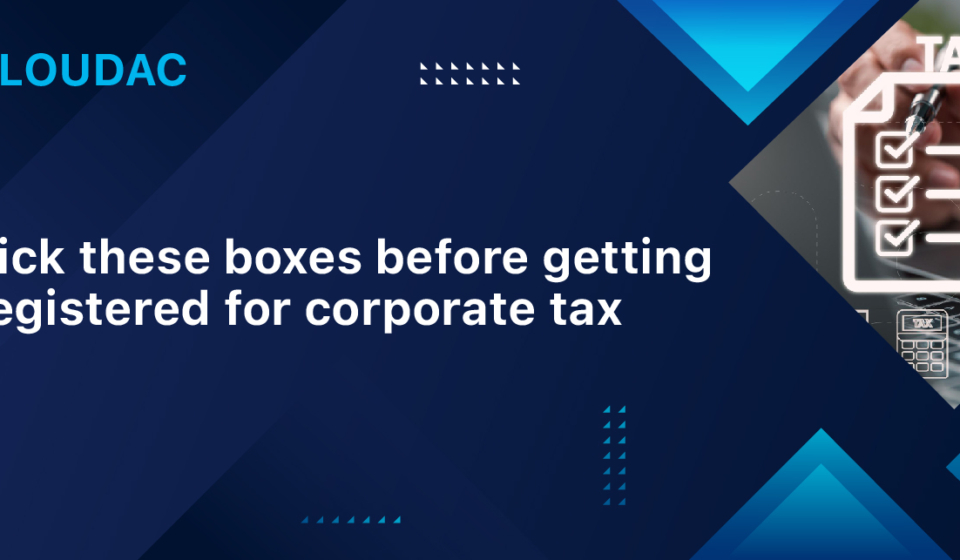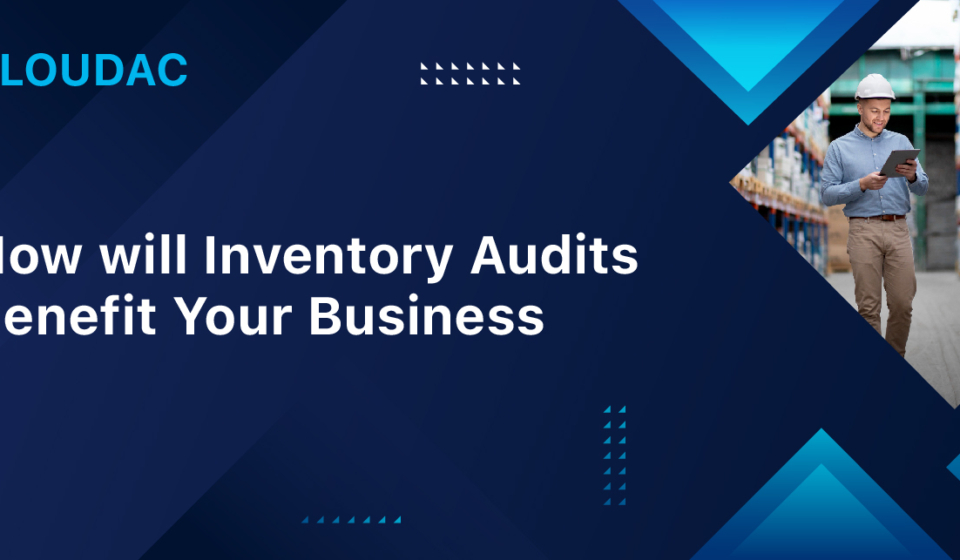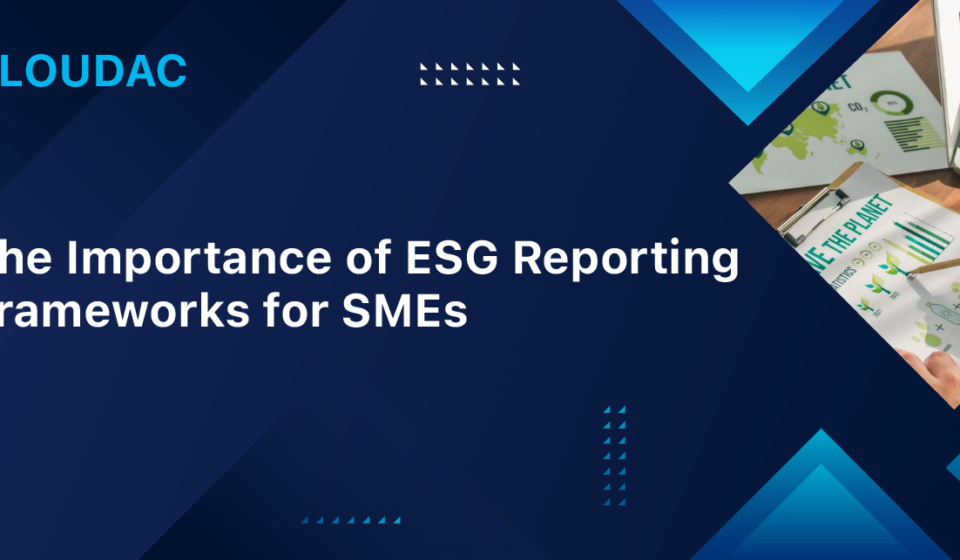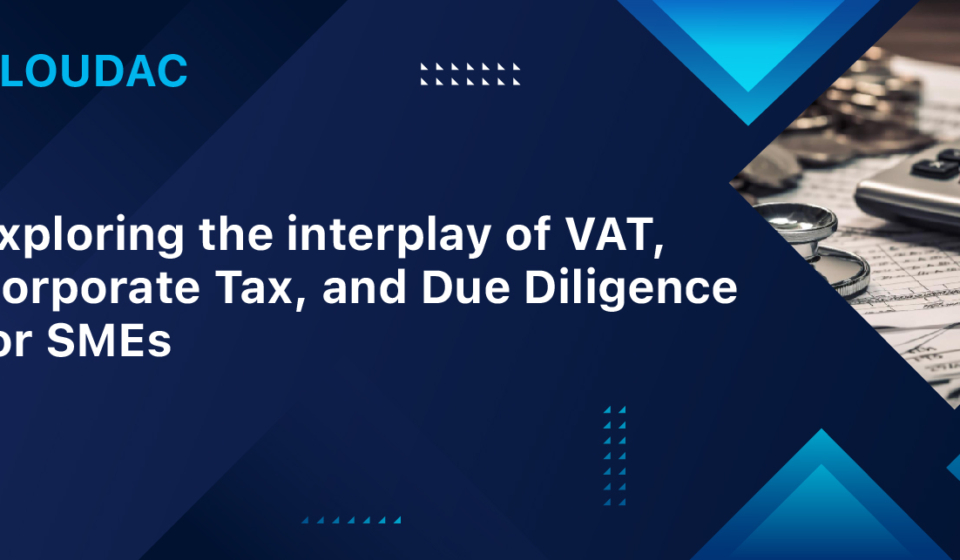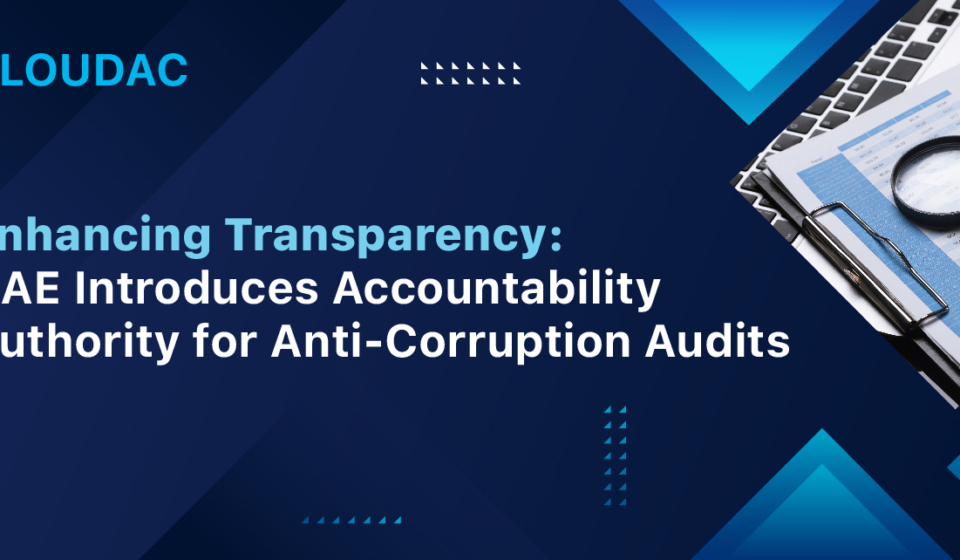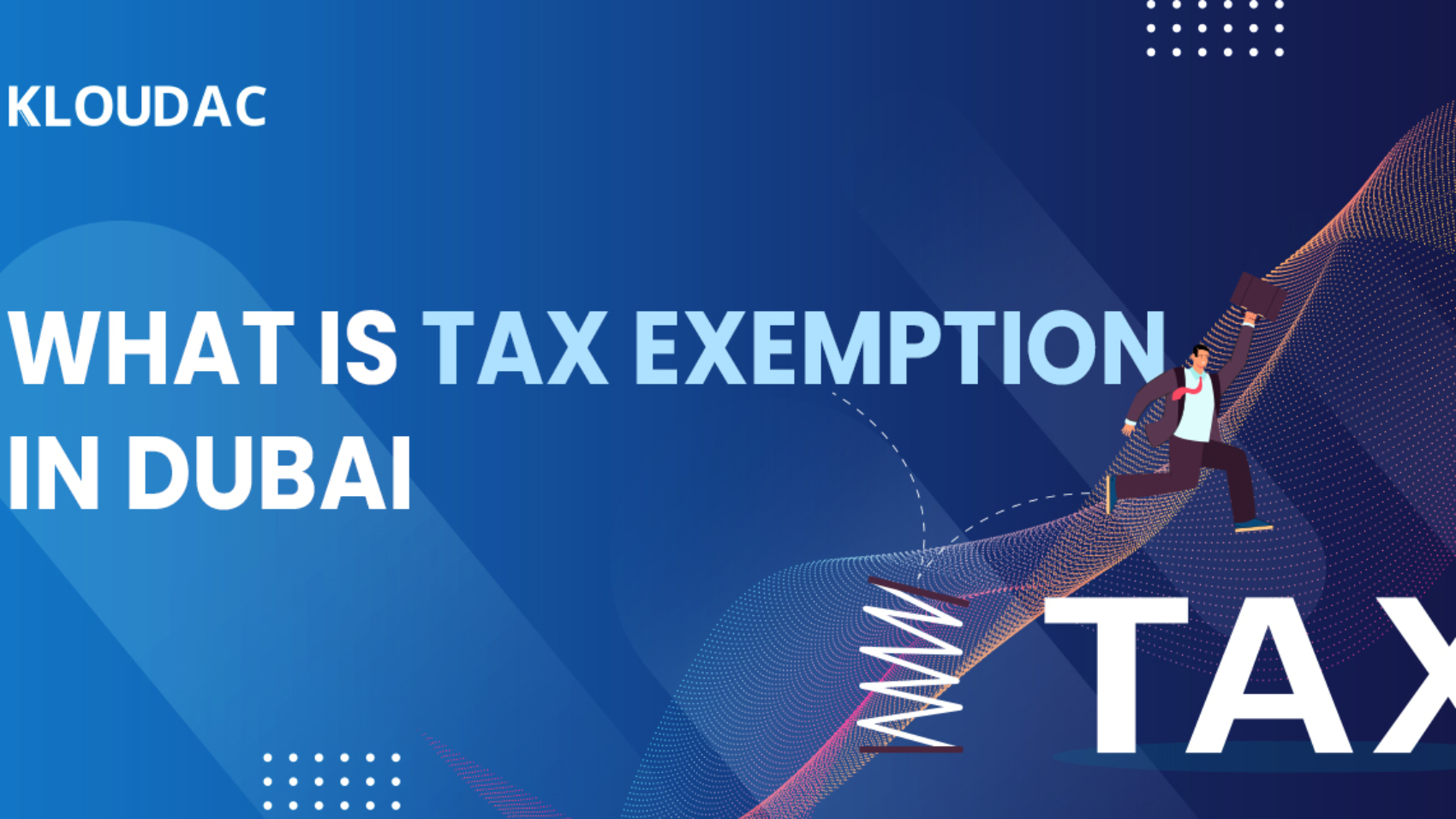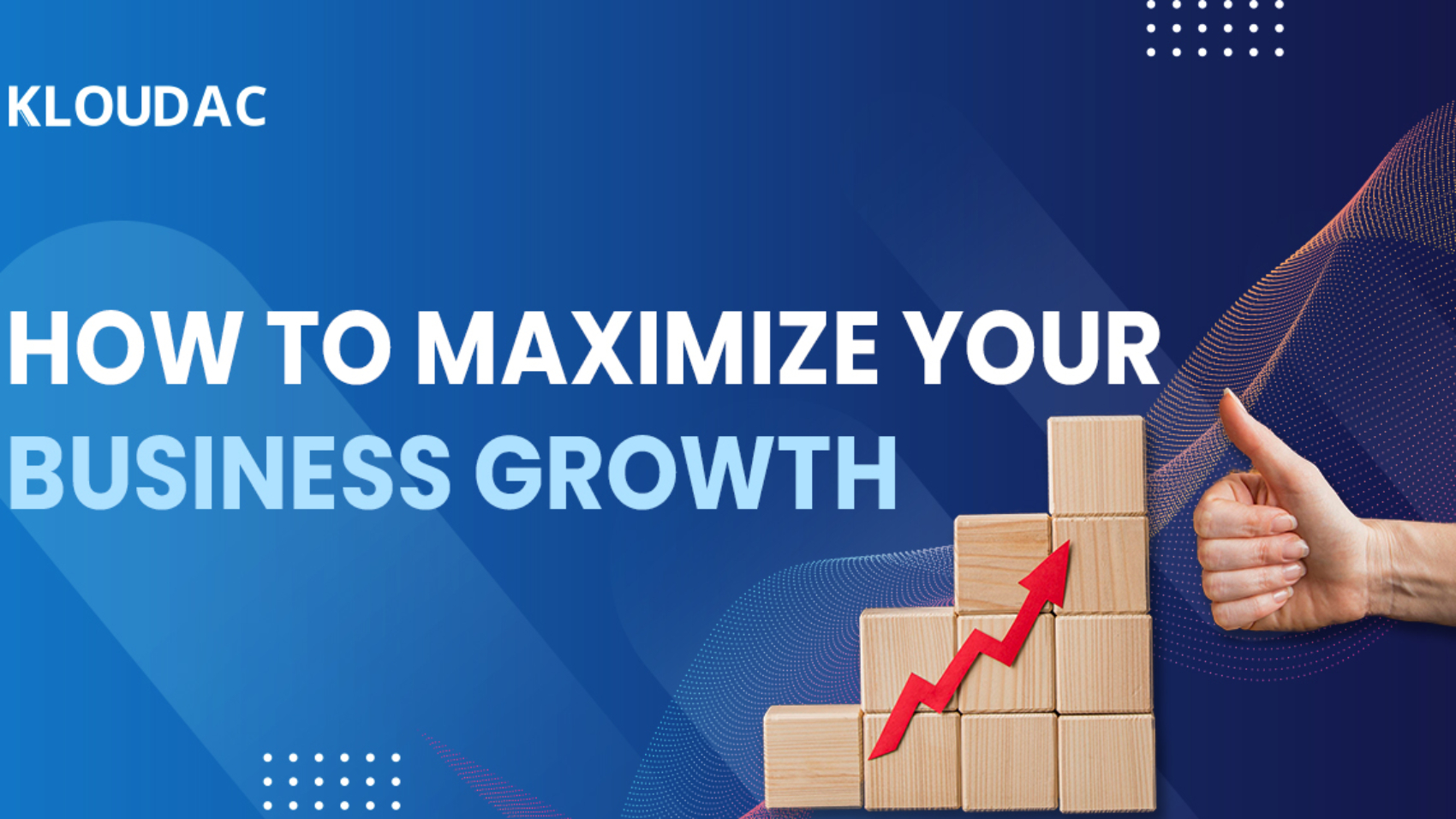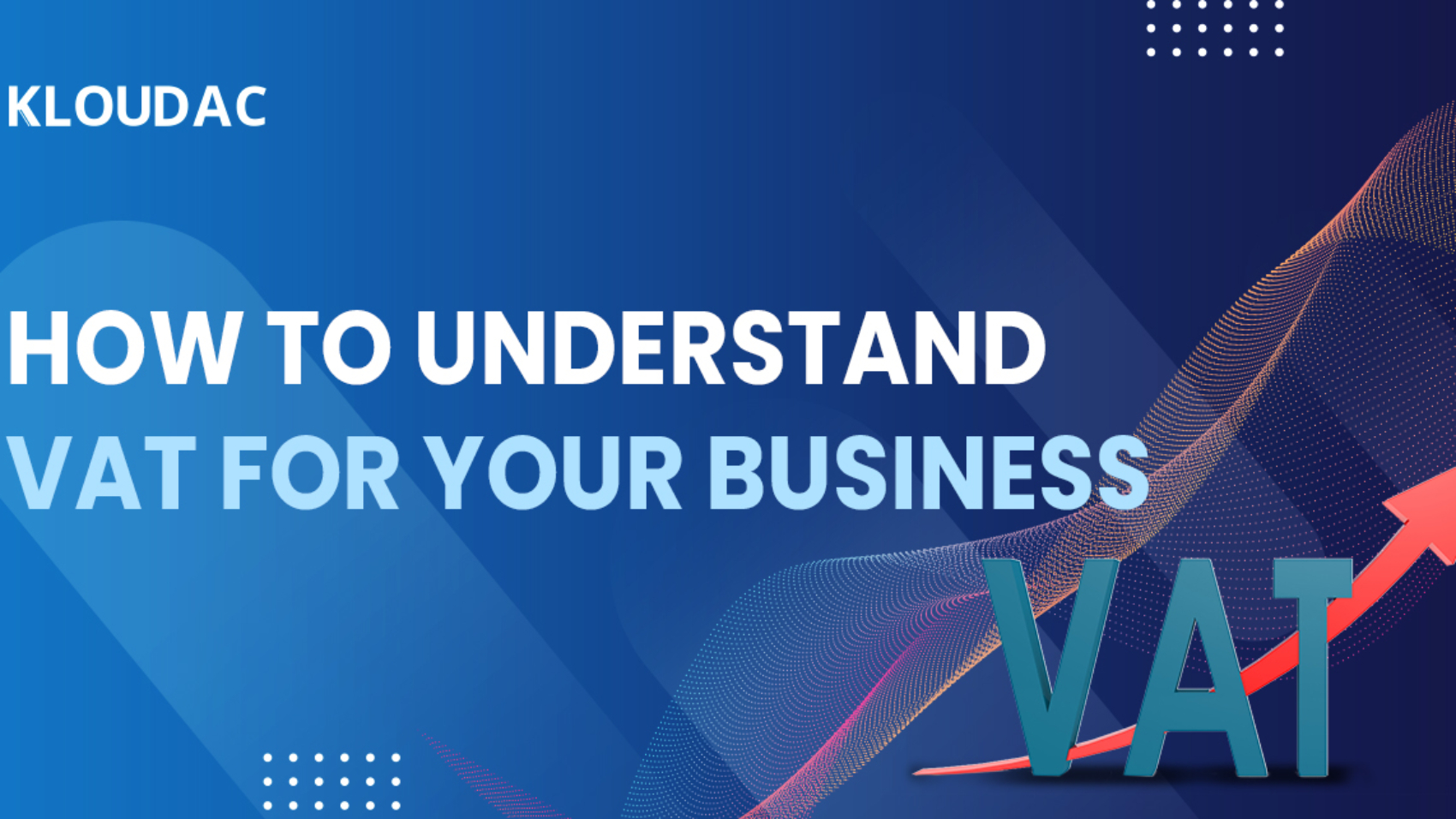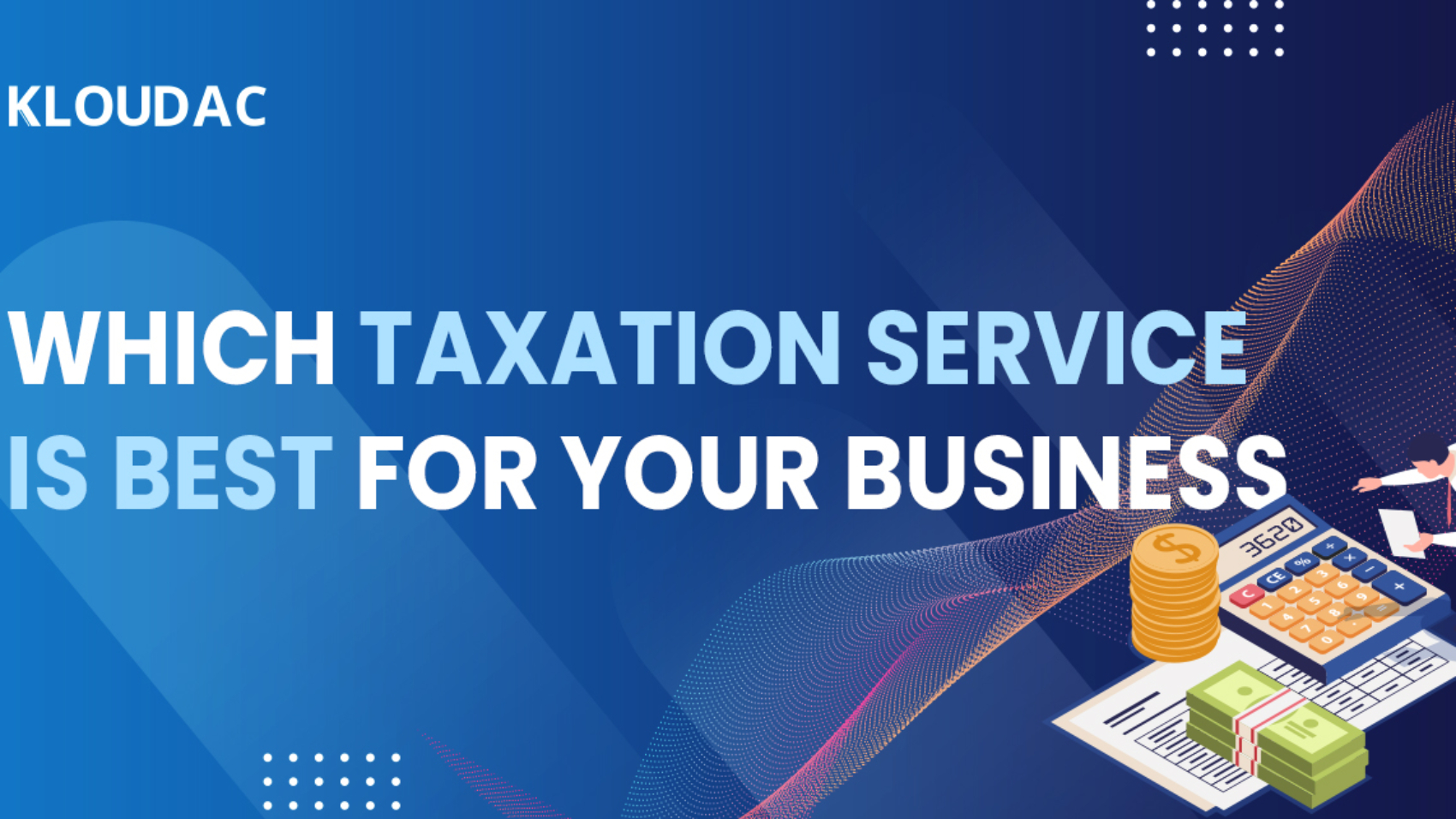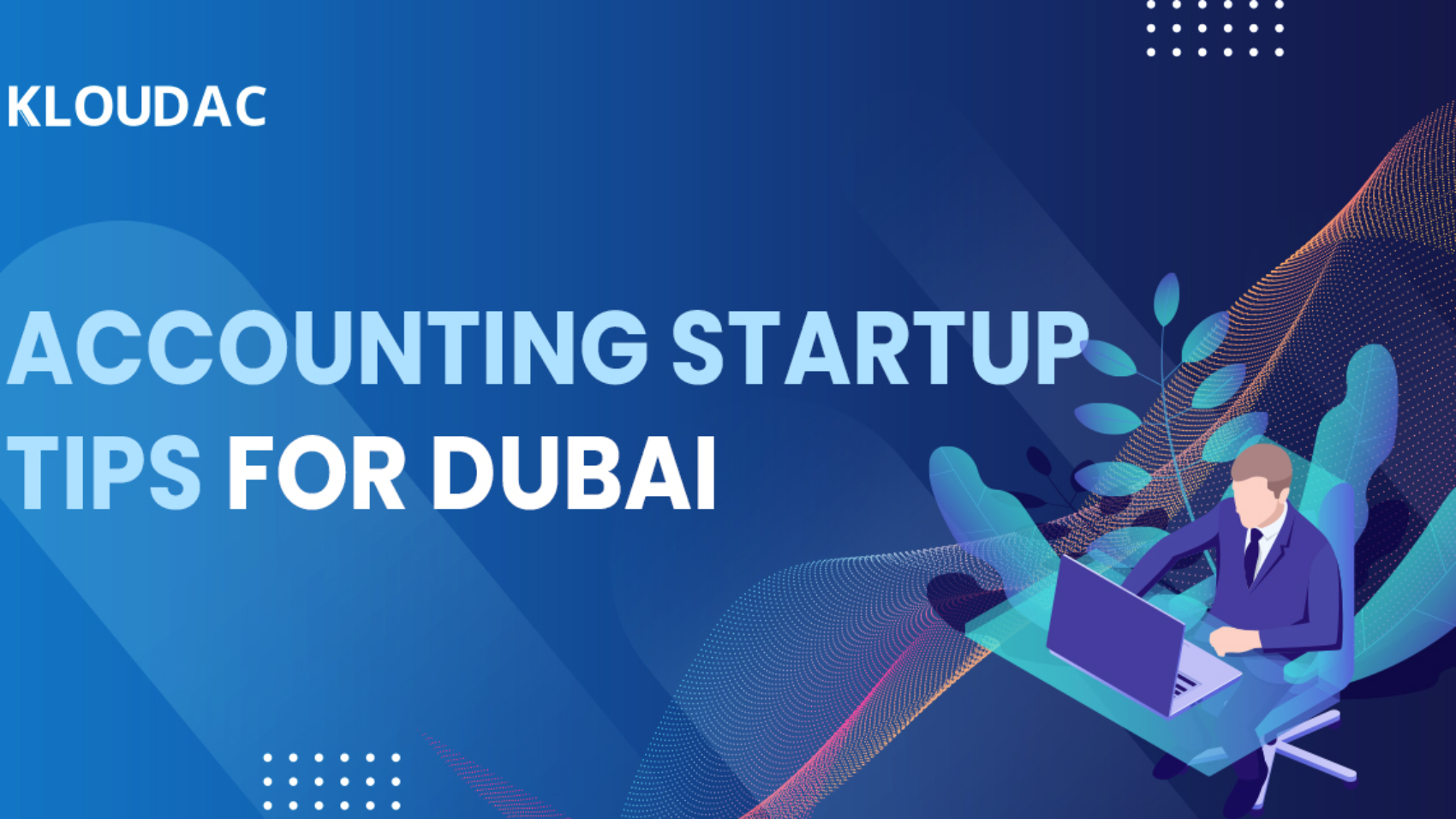Forensic accounting is the application of accounting, auditing, and investigative skills to determine the financial consequences of legal issues. In the context of fraud detection and prevention, forensic accounting plays a critical role in uncovering and preventing financial fraud in organizations.
Fraud detection is the process of identifying and uncovering fraudulent activities within an organization. Forensic accountants use their knowledge of financial statements, accounting systems, and internal controls to identify irregularities and suspicious activity. This can include analyzing financial statements, reviewing bank and credit card statements, and conducting interviews with employees and management.
Fraud prevention is the process of implementing measures to prevent fraudulent activities from occurring in the first place. Forensic accountants can assist in the development of internal controls and procedures to prevent fraud. This can include the implementation of segregation of duties, the establishment of approval processes, and the use of fraud detection software.
One of the key tools used by forensic accountants in fraud detection and prevention is data analysis. By using software programs to analyze financial data, forensic accountants can quickly identify patterns and anomalies that may indicate fraudulent activity. This can include identifying unusual transactions, detecting changes in financial patterns, and identifying transactions that are not consistent with the organization’s normal activities.
Another important aspect of forensic accounting in fraud detection and prevention is the use of investigative techniques. Forensic accountants often use interviews, document reviews, and other investigative methods to gather information and evidence of fraud. This can include interviewing employees, reviewing company records and documentation, and conducting surveillance of employees.
In conclusion, forensic accounting plays a critical role in detecting and preventing financial fraud in organizations. By using their knowledge of accounting and auditing, forensic accountants can identify irregularities and suspicious activity, and assist in the development of internal controls and procedures to prevent fraud. With the use of data analysis and investigative techniques, forensic accountants can help organizations protect themselves from financial fraud.
KLOUDAC Accounting Firm Dubai, UAE
Using data analysis and investigative techniques, forensic accountants can help organizations protect themselves from financial fraud. KLOUDAC is a specialized accounting firm that assists in this process.
